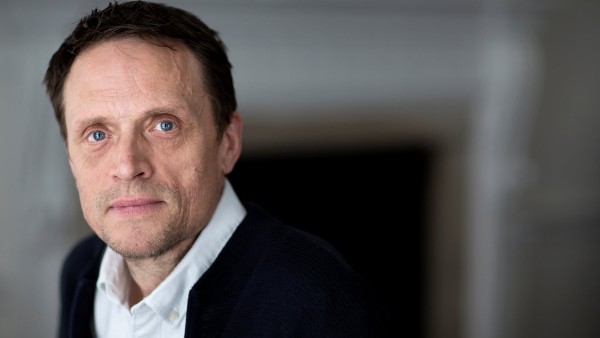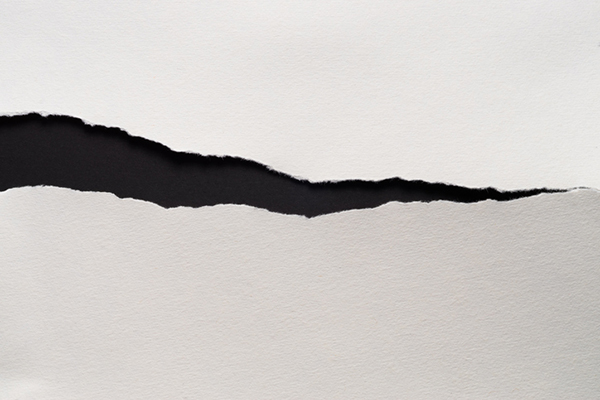Apologies (once again) for not posting in a while. Apart from being absurdly busy with lots of exciting developments here at the RSA, I’ve also been using up my limited reserves of intellectual energy writing an article for the next RSA Journal which is out at the end of the month.
The core argument in the article is that we may benefit from rethinking the way we conceive of freedom. I argue that freedom is widely regarded as the absence of external constraints on the satisfaction on an individual’s will. However, this is a notion that has come to dominate the popular mindset since the sixteenth century and that older notions of freedom (plus insights from modern neuro-science) may be more helpful in addressing some of the problems we now face around over-consumption and economic instability. Those older notions tended to regard freedom as a route to self-perfection rather than self-satisfaction and thus emphasised the role that escaping internal constraints (such as character flaws and baser passions) as well as external constraints played in being truly free.
Since writing the piece I’ve been thinking more about this. I’ve been pondering whether part of our problem is that we think of freedom in a very static and absolute way. We either consider ourselves free or unfree (this was actually a major aspect of some of the older conceptions as well). And we like to label whole societies or political systems as free or unfree: something that was very popular during the Cold War but which has maintained its resonance now in the conflicts in the Middle East. This approach also seems to infuse a great deal of the philosophical debate on freedom.
However, while doing my reading for the Journal article, I began wondering whether it is more accurate to consider freedom as a very fleeting phenomenon. It struck me that actually we are only truly free while deciding what to do or how to act. Once we have made that decision (and we cannot put off the decision eternally for that is, in itself, a decision) we have actually constrained and limited ourselves. Once we decide to act, all the other multitude of options available to us are lost. We are also set on a certain course of action which will limit future options sometimes very radically. In effect, we are constantly engaged in a metaphysical version of endless opportunity cost scenarios.
I’ve got a feeling that such a view played a role in existential thought but it’s a while since I looked at that literature. But I do think I’m right in saying that this notion is largely absent from the political philosophical debate. There is certainly a great deal of discussion about how freedom is or isn’t aided by the introduction of certain constraints on behaviour (such as state regulation of socially damaging behaviour) but I can’t recall seeing anything about this more intimate and personal relation between freedom and constraint.
Is this significant? I’m not sure yet but one consequence immediately occurs to me. Much discussion focuses on the conditions that give rise to free decision-making and behaviour. However, if we accept that freedom is only fleeting and repeatedly ends in the choice of certain constraints, we are surely directed to look in more detail at the actual nature of those choices and those constraints rather than just the way we make them.
This is anathema to those of a liberal persuasion who fear that any discussion about the rights or wrongs of the content of free choices rather than the conditions that allow them can be the thin end of the wedge that leads to authoritarianism. I understand that view and sympathise with it but I also fear that it has had a rather deadening effect on our ability to think more clearly about the rights and wrongs of our own behaviour at an individual level - a serious matter given that a rather unthinking pursuit of status and wealth has played a major role in the economic situation in which we now find ourselves.
But it also raises another question for the liberal perspective. If freedom is fleeting and only ever ends up in a choice of constraints, what actually is the substance or benefit of the freedom that liberals pursue? Could liberals be accused of spilling countless gallons of ink and blood in pursuit of political and social freedoms which only last momentarily and then may be rendered less worthy by a poor choice of constraints that do much less than they could for human fulfilment or happiness?
I really don’t know the answers but will keep pondering.
Related articles
-
Hierarchy: can’t live without it, can we live with it?
Matthew Taylor
In the ninth of a series of posts about ‘coordination theory’ - a set of ideas about human motivation, organisational and social change - the form of 'hierarchy' is analysed. Hierarchy is a form which we seem in equal parts to resent and to need.
-
Can radical politics work?
Anthony Painter
What do Jeremy Corbyn, Donald Trump, and Vladimir Putin have in common? Not as much as we've been led to believe, argues Anthony Painter
-
A simple idea to end political alienation and voter mistrust.
I ended my previous post on a downer arguing that the political system would never embrace the deep change required to reduce popular alienation from parliamentary democracy. But since then an idea[1] has occurred to me which might at least open up a possibility of transformation.



Join the discussion
Comments
Please login to post a comment or reply
Don't have an account? Click here to register.
Hi Adam,
I think you might find Jonathan Haidt's new book - 'The Righteous Mind: Why Good People Are Divided by Politics and Religion' - a fascinating, and challenging, exploration of freedom, morality and choices (on the Left and Right).
He is, of course, speaking here on 10th April! :-)
Matthew
--
Matthew Kalman Mezey
Senior Networks Manager – Online & International
RSA
Tel 020 7451 6825
www.thersa.org
A live dashboard webpage showing RSA online activity is here: http://bit.ly/onlineRSA
twitter.com/MatthewMezey
twitter.com/thersaorg
rsafellowship.com (online community)
Er, that's two questions actually! :-)
Well, thoughts that come to mind on this is that Choice is made in the moment, then that moment immediately becomes the past and we are in a new moment of the present where we have further choices to consider in that moment. And all this with a probabilistic Future (with added Chaos) to look forward to.
I have empathy with your view regarding the collapse of choice once a decision has been made. The decision, once made, is now firmly in the past. Now ossified; the past cannot be changed; it becomes a different country. Or can it? is a choice once made reversible? With dignity or without Ego? #rhetorical
Kant and his duty peppered with oughts, needs and musts suggests no or little choice at best. Thankfully, that too is confined to the present.
However, the future with all its unknowns offers (only) a probable hope of our intended (liberal?) consequences. What we desire as a result of our actions, from the final cause. If we have flexibility in those and keep in mind unintended consequences and choice about what happens when that occurs, then as we stand on the threshold of the new present, there may be positive hope in reaching those outcomes (or Utilitarian Goods) we desire, with the freedom of choice that is yet to come.
And of course, we can change our mind.